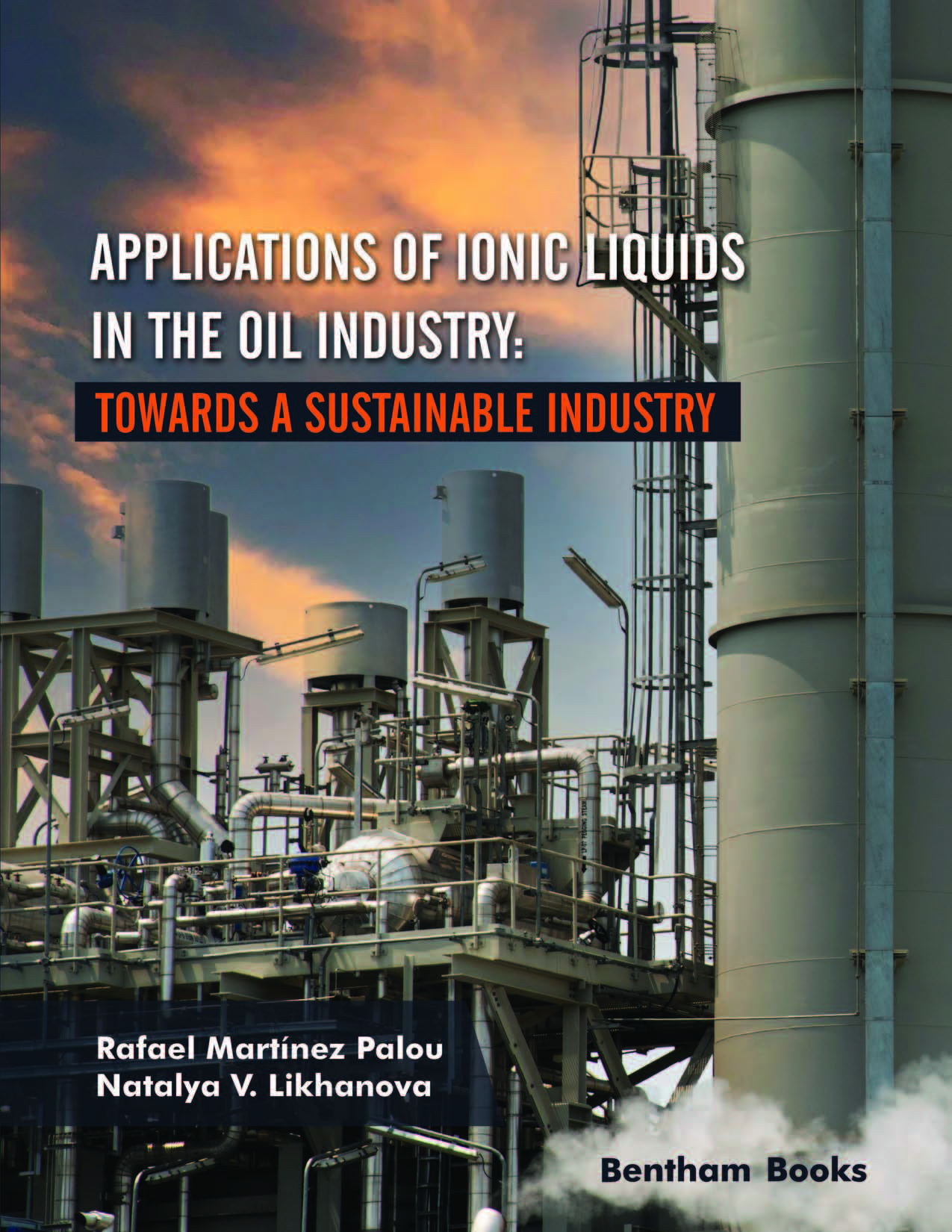Introduction
This book is a guide to the application of ionic liquids (ILs) in the oil industry.
It includes ten chapters that review basic and advanced topics. Starting with a
general introduction to IL structure and properties, the book comprehensively
explains the use of ILs in key petroleum extraction processes such as pollutant
removal, demulsification, crude oil transport and oil recovery. Additional
applications that are important for the sustainability management of petrochemical
operations such as deepwell hydrate inhibition, CO2 capture, corrosion engineering,
catalysis, hydrocarbon separation, bitumen extraction and stabilization are also
included. Each chapter also provides bibliographic references for further reading.
The wide range of topics makes this an informative reference to students and
professionals in petroleum engineering, chemical engineering programs and any other
training course that requires reading material for an understanding of the oil
industry. General readers and researchers interested in the fascinating chemistry of
ionic liquids will also enjoy this book.
Audience
Students, researchers, professionals who need to understand the use of ILs in the oil
industry.

